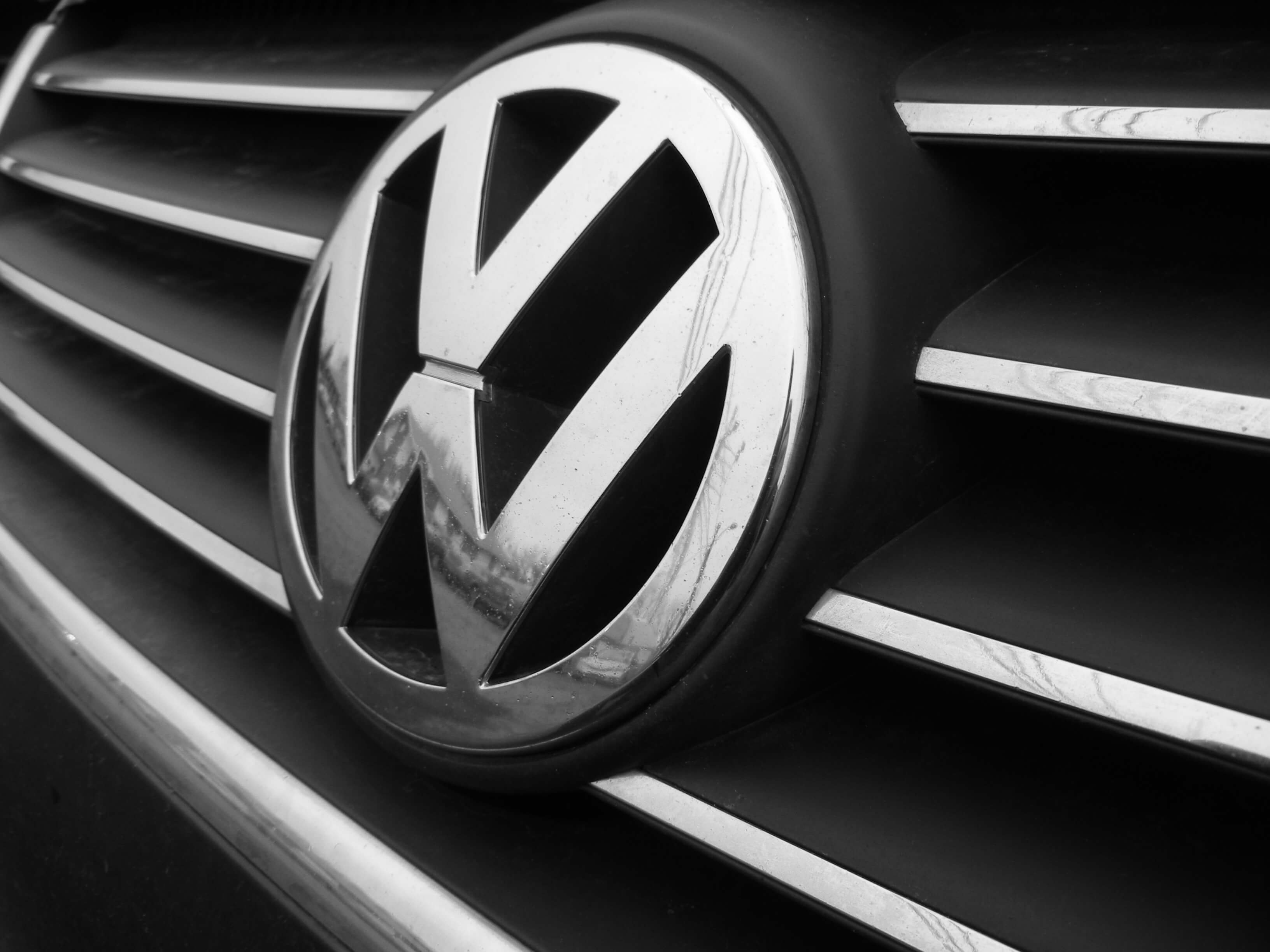If you’ve read the news lately, we’ve no doubt you’ve heard about the Volkswagen emissions scandal. The famous carmaker, Volkswagen, admitted to using software to cheat their diesel emissions tests, which means 11m cars worldwide appeared to be causing less pollution in lab conditions than out on the road.
This news has caused a massive stir in the car making industry and many people have had their VW’s recalled for testing by their local dealerships.
In this blog, we take a closer look at how the German manufacturer has dealt with the negative publicity online, particularly on social media. Keep reading to find out more…
1. When bad news breaks out, keep quiet
As soon as VW scandal broke, we noticed a deathly silence on the Volkswagen USA Facebook and Twitter accounts. All marketing and promotional content ceased and the accounts weren’t updated for a week.
The next post we saw was a statement from Michael Horn the US CEO, offering his apologies on behalf of VW and an explanation for customers on what can be done to remedy the issue. The post received over 20,000 likes and over 7,000 comments from disgruntled customers around the world.
We think this was a great tactic from VW, they made a wise move of putting their marketing and promotion to a halt and to show they were fully focused on dealing with the bigger issue at hand. When a scandal breaks out, the best move you can make is to quit promoting and publicly show your customers what you’re doing to fix the problem.
2. Give your customers honest answers
In the early stages of the scandal, many people went to the VW Twitter and Facebook channels to contact the brand directly, in order to find out how the scandal would affect them. Nearly 10 days after the scandal broke out Volkswagen published an FAQ page to their site, addressing all the common concerns of customers. Although it may have seemed vague at first, VW did everything they could to put their customers at ease.
The VW FAQ page worked as a quick resolution for the number of queries and questions building up on the public social media pages. All the advice on these pages was honest, accurate and able to address the concerns of the public. When you’re dealing with a scandal, do everything you can to tackle all your customer’s concerns with the most honest and open responses.
3. Brand advocates to the rescue
VW received their fair share of negativity on social media following the emissions scandal. We’d say nearly 90% of the comments we saw were from customers venting their anger at the manufacturer and demanding answers. This is completely understandable, given the scale of the issue and the simple fact that so many people were lied to across the globe.
However, amongst the negativity, we also found that a number of people still had some positive sentiments to share about the brand. Both staff and customers expressed their support for the company and the many great things VW had to offer. In a social media crisis, if you’re lucky, you might find that your brand advocates are quick to come to your rescue.
Conclusion
To conclude, the 3 social media lessons we’ve learnt from the recent VW emissions scandal includes putting your marketing and promotion to a halt and instead focus on addressing the concerns of your customers. Don’t wait too long to do this, staying quiet for a while will give your customers even more time to get riled up. They want open and honest answers and they want them fast. Lastly, in some cases, you might even find there are people rooting for your brand – stay positive.
Go social with Fluid Commerce
Social media is an extremely effective way for businesses to build an audience, start a dialogue and even, as we’ve seen from Volkswagen, manage a public crisis. If you want to promote your business using social media, look no further than Fluid Commerce’s team of social gurus.
Get in touch here or by calling us on 0161 762 4920 for a free, no-obligation quotation.
Image Source: Creative Commons Flickr / Gerry Lauzon

